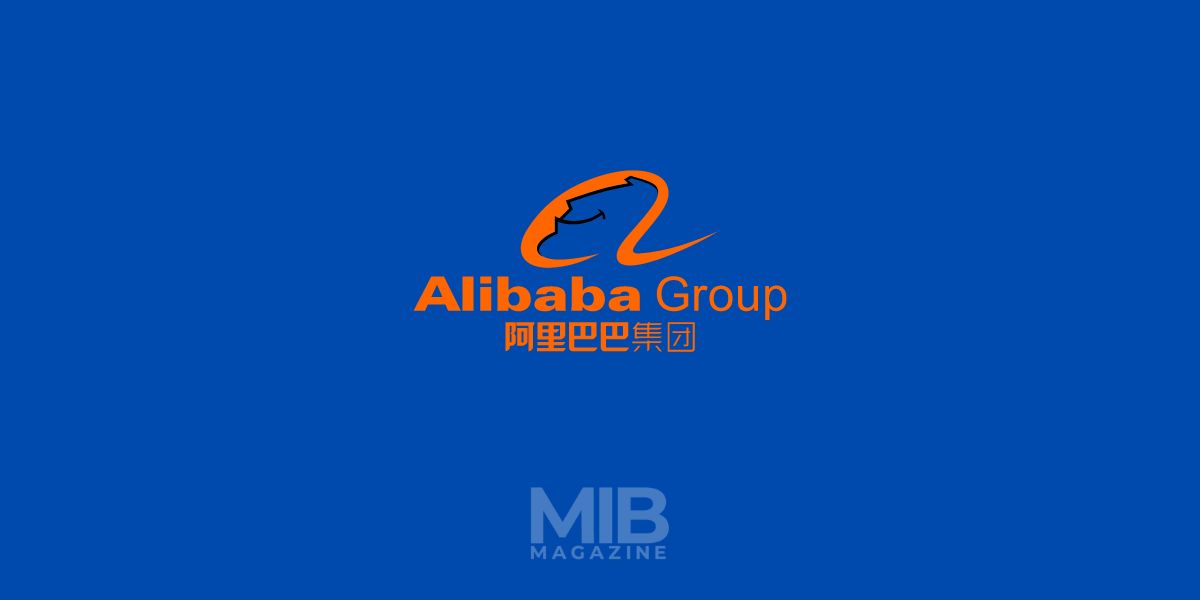How Does Alibaba Make Money?

If you’re in the e-commerce space, Alibaba needs no introduction. But if you happen to not have heard about it, then you need to know that the company’s net worth is around $4.02 billion as of writing.
That figure alone should get you interested in reading this post. We’ll look into what Alibaba is about and the different revenue streams it employs across its various subsidiaries. As a startup owner, you might find ideas on how to leverage Alibaba’s offerings and help strengthen your business as well.
Overview
Alibaba.com is one of the largest e-commerce platforms in the world. Co-founded by Jack Ma and 17 others in 1999, the website’s goal is to become the premier global retail marketplace that connects Chinese manufacturers to international buyers and distributors.
Alibaba’s business model depends on buyers purchasing products sold on the platform in bulk at wholesale prices. Buyers then sell them in their respective local markets at marked-up prices.
How Alibaba Makes Money
Alibaba.com is one of the three major web portals of the Alibaba Group along with other subsidiaries. All of them help Alibaba as a whole make money.
The company generates revenue from its core commerce businesses, which you can find below:
- Commission on transactions. Certain Alibaba Group subsidiaries take a portion of every sale.
- Membership fees. Users subscribe to the platform and pay a monthly fee to continually use it.
- Online marketing services. These can be divided into different categories: pay-for-performance (similar to the cost-per-click model), display marketing (similar to the cost-per-impression model), and the Taobaoke program (Taobaoke and Tmall’s affiliate program).
- Storefront fees. Provides sellers with premium storefront pages and other tools for the purpose of attracting more customers from their chosen platforms.
Below are the different subsidiaries which help Alibaba achieve diversified revenue streams.
Taobao
As China’s largest online marketplace and one of Alibaba’s major portals, Taobao allows merchants to list down their products for sale on the platform for free. Similar to Amazon, merchants at Taobao must optimize their product pages for their target keywords to rank on top of search results and increase their sales. Think of Taobao as similar to Etsy where people can sign up and sell their unique products online.
Customers and merchants are not charged with transaction fees. Therefore, unlike Alibaba Group’s other subsidiaries, Taobao doesn’t generate revenue from the volume of transactions made on the site. Instead, the platform charges merchants a nominal fee to advertise their pages on the platform and help them generate more sales.
TMall
Taobao Mall, also known as TMall, is Alibaba’s third web portal geared towards middle-class Chinese consumers. Using a business-to-consumer (B2C) model, customers can find and buy products from brands like Nike, Apple, and others.
Unlike Taobao, TMall makes money through commissions from the goods sold on the platform. The percentage depends on the product’s category. There are also service fees, which is a one-time fixed security deposit. Finally, there are additional online marketing and customer management services that brands can purchase from the platform to help increase their visibility.
Alipay
Source: Pixabay
Alipay is a third-party platform to help buyers complete their transactions online and offline. Users can download the app on their mobile devices to scan the QR code on the payment page. If they don’t have the app, they can log in to the payment page using their Alipay credentials.
While the e-wallet platform doesn’t charge transaction fees, Alipay uses an escrow service. The money stored in the platform is invested in a partner bank. Alipay then generates interest from the stored money as a result.
1688
1688.com is a wholesale marketplace catering to businesses and individuals worldwide as its customers. The platform has over 500,000 Chinese suppliers with more than 150 million products sold at very low prices.
Getting items listed in 1688 is free. But the platforms generate revenues from its TrustPass membership plans. Merchants who subscribe to this service receive upgraded storefront management tools to help them make a good impression on customers. They can also purchase premium services which include premium data analytics for reviewing their product’s performance over time and gain insights on how to improve their sales.
Alibaba Cloud
Alibaba Cloud started as an internal cloud that powers Alibaba’s e-commerce business. Over time, it was made available to the public as a cloud computing segment offering services such as data storage, DDoS protection, content delivery networks (CDNs), and more.
Users can subscribe to any of its premium monthly plans. The higher the specs of the CPU, memory, SSD cloud disk, and data storage capacity, the more expensive the plan gets.
AliExpress
Source: Pexels
AliExpress is very similar to Alibaba.com because it also follows a B2B business model. However, the difference is that AliExpress offers dropshipping, which makes the platform ideal for small businesses and startups without a warehouse to store their inventory. Also, there are no minimum orders on the platform and the products cost much higher compared to Alibaba.
AliExpress makes money from every transaction made on the platform. Commission fee ranges between 5-8% per transaction. Also, to combat bogus sellers, merchants must pay $1,500 on top of miscellaneous fees to set up shop on the platform or make changes to it like renaming their brand.
Future Growth
Due to the constant developments in the digital and e-commerce space, there is no way for Alibaba to go but up.
There’s a reason why Goldman Sachs called Alibaba the “Amazon of China.” According to Finty, Alibaba has more than 1.1 billion global consumers, 900 million of which are from China alone, and accumulated a total number of transactions amounting to $1.2 trillion in 2020 alone.
Not to mention, the pandemic helped its revenue grow by 41% to $109 billion. Now that e-commerce is encouraged more than ever due to social distancing, Alibaba will continue to benefit from its core commerce segment of different digital and wholesale marketplaces.
Competition
Alibaba operates in a very competitive space. In the north American and European markets, Amazon, eBay, and Etsy provide competition. Newer marketplace entrants like Mercado Libre, Jumia, Coupang, Zalora, and Lazada also compete in their respective core markets. Facebook and Google are also encroaching further into ecommerce.
FAQs
Alibaba generates revenue primarily through the sale of products and services. This includes advertisements and commissions through their e-commerce platform, Alibaba.com, as well as other services such as cloud computing, logistics, and digital media and entertainment.
Yes, Alibaba also has other sources of revenue, such as investments and partnerships, advertising and membership fees, as well as services like cloud computing, digital payments, digital media streaming, and travel booking.
Alibaba’s annual revenue for 2020 was estimated at $95.2 billion and its net income was estimated at $10.4 billion.
Yes, Alibaba does make some money from advertising and other marketing initiatives.
Yes, Alibaba owns various subsidiaries such as Alibaba Cloud, Ant Financial, Cainiao Network, and Lazada, each of which generates revenue in its own right.
Over 80 percent of Alibaba’s revenue comes from Chinese consumers.
In 2020, Alibaba’s cloud computing services generated around $5.7 billion in revenue.
Yes, Alibaba does generate some revenue from overseas markets.
In 2020, Alibaba’s digital payments business generated around $28 billion in revenue.
Yes, Alibaba does make some money from data management services.






